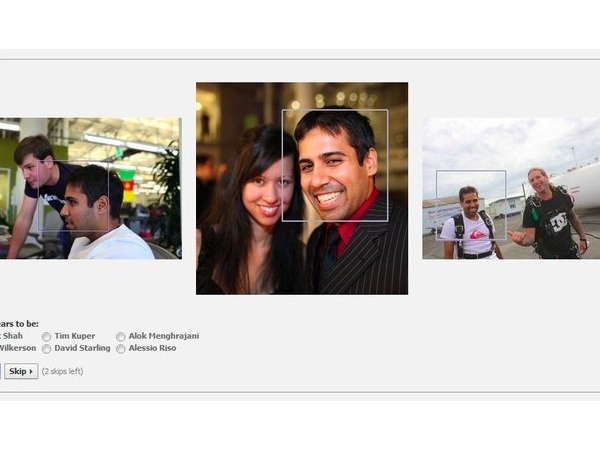 If you read about Facebook in the news yesterday, you probably learned any of three things. First, the company acquired group messaging service Beluga for an undisclosed amount. Secondly, the site’s commenting plugin for third-party sites received a nice little upgrade. Finally, the company has decided to dole out contact information for its users, including phone numbers and addresses, to third-party developers and advertisers, no holds barred.
If you read about Facebook in the news yesterday, you probably learned any of three things. First, the company acquired group messaging service Beluga for an undisclosed amount. Secondly, the site’s commenting plugin for third-party sites received a nice little upgrade. Finally, the company has decided to dole out contact information for its users, including phone numbers and addresses, to third-party developers and advertisers, no holds barred.Wait, what?
While Facebook did send a letter to two U.S. congressmen, Edward Markey (D-Mass.) and Joe Barton (R-Texas), concerning the sharing of personal user data with third parties, the company’s policy is actually a lot less sinister than headlines in the press would have readers believe.
Yahoo: “Facebook will soon share users’ phone numbers and addresses with 3rd parties.”
Huffington Post: “Facebook To Share Users’ Home Addresses, Phone Numbers With External Sites.”
Business Insider: “Facebook Tells Congress It Will Share Your Phone Number With Strangers.”
That last one’s my personal favorite. I like to picture Facebook as a shady man in a trench coat reading out your phone number to passersby on a street corner.
Yes, while Facebook has indeed decided to give applications access to a user’s phone number, the user must explicitly grant that application access before any personal data is shared. Not to mention the fact that the user must have already manually added his or her phone number to her profile before an app could even ask for permission to see it.
Here’s a good summation of Facebook’s position, taken from the second and third pages of the company’s letter sent to Congress:
As illustrated, we did not simply grant applications access to users’ contact information. We allowed applications to ask users for that information, through a permissions screen, represented below, that provided clear and conspicuous notice to the user regarding what information the application is seeking. Nor did we require or encourage users to grant such access. On the contrary, users who considered applications that sought this information had the option to decline the request and continue using Facebook as they had before.ask users
I’m all about being a Facebook watchdog; after all, the company is still a business and one with unprecedented access to personal information. First and foremost, however, I believe that people should be in control of their own data. With that in mind, I can’t find too much fault with Facebook for essentially taking the stance that users should decide whether or not to post their data and who can see it.
In reality, the only slightly controversial thing here would be Facebook’s decision to allow minors (those under age 18) to assent to sharing their phone numbers or addresses. But Facebook has not even decided yet whether to give those younger users that ability. And minors under 13 are not even allowed to register to the site, per Facebook’s terms of service.

















